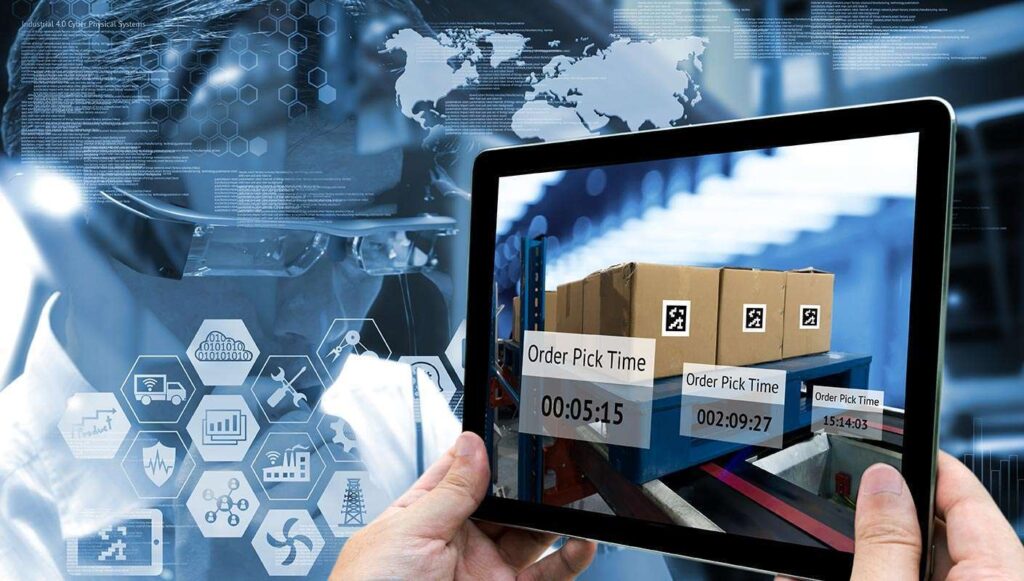
Supply Chain Management (SCM) in logistics refers to the coordination of all activities involved in the production, transportation, storage, and delivery of goods and services. It ensures that products moves efficiently from suppliers to manufacturers, distributors, retailers, and finally to customers.

KEY COMPONENTS OF SCM IN LOGISTICS
- Procurement & Sourcing – Selecting and managing suppliers for raw materials and goods.
- Production & Manufacturing – Transforming raw materials into finished products.
- Warehousing & Inventory Management – Storing goods efficiently and managing stock levels.
- Transportation & Distribution – Moving goods through various modes like trucks, ships, and planes.
- Order Fulfillment – Processing and delivering customer orders.
- Reverse Logistics – Managing returns, recycling, and disposal of products.

IMPORTANCE OF SCM IN LOGISTICS.
- Cost Reduction – Optimizes inventory and transportation costs.
- Efficiency & Speed – Ensures faster delivery and reduces delays.
- Customer Satisfaction – Enhances service quality and reliability.
- Risk Management – Minimizes disruptions due to supply chain failures.

TRENDS AND TECHNOLOGIES IN SCM.
- Artificial Intelligence & Automation – Improves demand forecasting and decision-making.
- IoT & Real-Time Tracking – Enhances visibility across the supply chain.
- Block chain – Ensures transparency and security in transactions.
- Sustainability Practices – Focuses on eco-friendly logistics solutions.

SUMMARY.
Supply chain management in logistics involves coordinating the entire process of getting products from suppliers to customers. It includes activities like sourcing materials, production, warehousing, transportation, and even handling returns. The goal is to reduce costs, enhance efficiency, and improve customer satisfaction. Modern SCM also leverages emerging technologies such as artificial intelligence, IoT, block chain, and sustainable practices to further optimize operations.